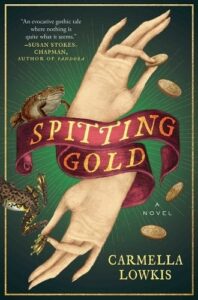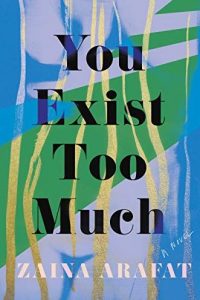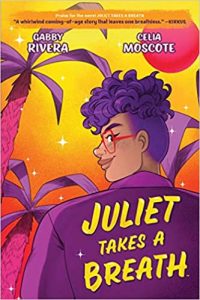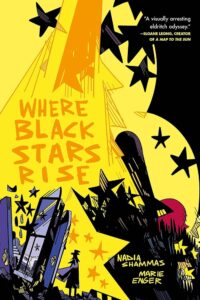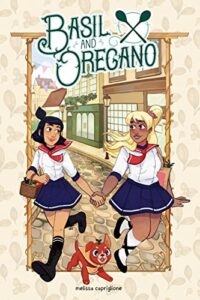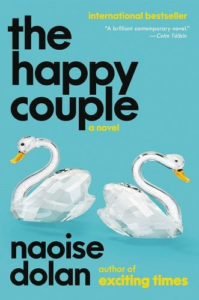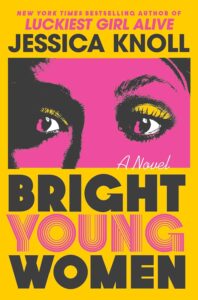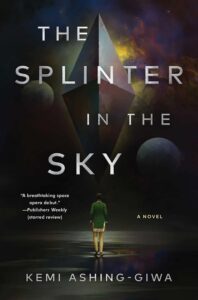Buy this from Bookshop.org to support local bookstores and the Lesbrary!
Carmella Lowkins’s new historical novel, Spitting Gold (Atria Books 2024), is a fabulously atmospheric story with a twisting plot that keeps you guessing until the very end!
Spitting Gold is set in nineteenth-century Paris. Baroness Sylvie Devereux has worked tirelessly for years to distance herself from her old life, embarking on a career of respectability with her devoted husband. However, when her estranged sister, Charlotte Mothe, appears on her doorstep with a compelling proposal, Sylvie is drawn back into a world she thought she’d left behind. The two women enjoyed a career as popular spirit mediums—all their visitations an elaborate ruse to trick wealthy patrons—before Sylvie disowned her family. But with their father sick and Charlotte’s debts climbing, Sylvie agrees to help her sister perform one final con on the de Jacquinot family, aristocrats who are convinced their great aunt who was murdered during the French Revolution is haunting the family and the house.
As the sisters begin to orchestrate their old tricks to encourage the family to part with their fortune, strange and inexplicable events begin to occur, drawing the sisters into a haunting they begin to fear could be very real. As secrets between the sisters and the de Jacquinot’s come to light, Sylvie learns that she may not be able to outrun her past.
As a neo-Victorian mystery novel with a sapphic subplot, Spitting Gold is a smashing good time. Lowkins draws on the history of nineteenth-century table turning and the obsession with the female spirit medium—who indeed became a kind of celebrity in this period—to stage her suspenseful plot. Add to this a dash of lesbian romance and this novel is perfect for readers of Sarah Waters and Emma Donoghue.
I was really impressed with Spitting Gold. It has a thoroughly engaging plot and the writing really draws you into the story. It’s structured so that the reader has little idea what to believe as Sylvie and her sister try to con—and then cope with—the de Jacquinot family and the strange happenings at their home. Lowkins starts us off with one kind of novel with Sylvie at the center, and then abruptly turns everything on its head with so many delightful twists. I had no idea where this novel was heading and I was thoroughly surprised by the ending!
I had such a great time reading Spitting Gold. It is the perfect summer read and great for fans of queer historical fiction and lovers of atmospheric literary novels.
Please add Spitting Gold to your TBR on Goodreads and follow Carmella Lowkins on Instagram.
Rachel Friars is a Doctoral Candidate in the Department of English at Queen’s University in Ontario, Canada. Her current research centers on neo-Victorianism and lesbian literature and history. Her work has been published with journals such as Studies in the Novel, The Journal of Neo-Victorian Studies, Queer Studies in Media and Popular Culture, and The Palgrave Handbook of neo-Victorianism.
You can find Rachel on X @RachelMFriars or on Goodreads @Rachel Friars.

